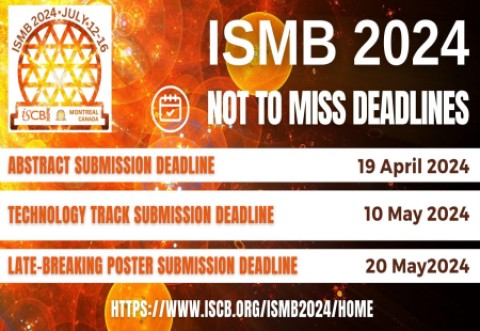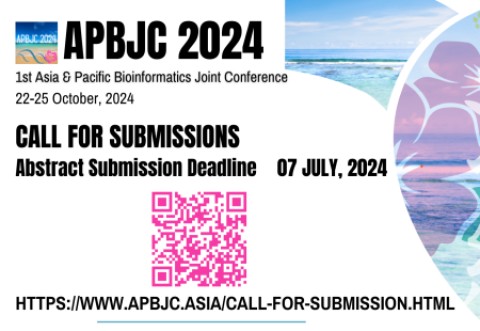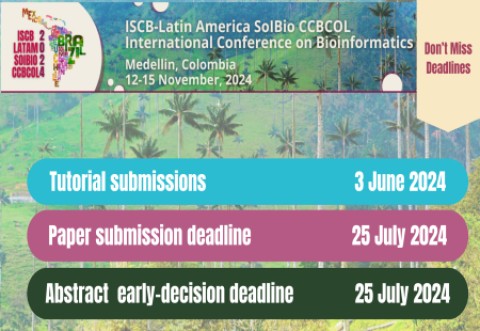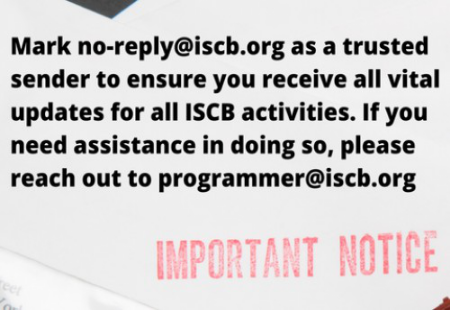
FASEB News - June 4, 2010
Contact: Cody Mooneyhan
This email address is being protected from spambots. You need JavaScript enabled to view it.
301-634-7104
Federation of American Societies for Experimental Biology
Sun-induced skin cancer: new discovery permits doctors to assess genetic risk
In the future, summer sun may never be viewed the same way again: New research in the FASEB Journal will help doctors predict your likelihood to develop skin cancer, and promises next-generation sunscreensAs people head to the beach this summer, very few if any, really know how likely they are to develop skin cancer from their outdoor fun. That's about to change, thanks to a new discovery by an international team of scientists that makes it possible for doctors to access people's personal risk for skin cancer.
In a new research report appearing online in The FASEB Journal (http://www.fasebj.org), these researchers describe for the first time the chain of molecular events that increase one's risk of skin cancer. This discovery may lead to new tests that access personal skin cancer risk as well as a new generation of sunscreens that increase the skin's ability to protect itself from the sun's damaging rays.
"Our study heralds the onset of personalized medicine for individuals who carry a change in the MC1R gene," said Zalfa A. Abdel-Malek, Ph.D., a researcher involved in the work from the Department of Dermatology at the University of Cincinnati. "The data we have obtained allows us to better predict which individuals will be at risk for skin cancer, as well as potentially why and to what degree. In the future, genetic testing for MC1R gene changes may be clinically available so that individuals can be made aware of the molecular basis of their risk prior to development of cancer."
Abdel-Malek and colleagues found that when a pigmentation gene called the "melanocortin 1 receptor" or MC1R does not function properly, skin cells do not respond to a hormone, called α-MSH, which causes cells to produce dark pigmentation to protect themselves from ultraviolet rays. To make this discovery, the researchers studied 21 human skin cell cultures that express the MC1R gene in different ways. Each culture was studied for expression of genetic changes of MC1R, pigment levels and the ability to respond to α-MSH. The researchers also exposed the cell cultures to ultraviolet rays and measured the amount of DNA damage and the rate of its repair, as well as the percent of surviving melanocytes. Then the scientists inserted a normal version of the MC1R gene into the skin cells and found that they responded properly to ultraviolet light by producing the pigment necessary to protect themselves. These results give researchers testable strategies to reduce or prevent skin cancer. The results also suggest that it may be possible to develop drugs or a new generation of sunscreens that restore the lost function of MC1R.
"This research permits us know our own, personal risk for skin cancer." said Gerald Weissmann, M.D., Editor-in-Chief of The FASEB Journal. "We've known for a long time that smearing on sunscreen is the best way to avoid skin cancer, but never how much or what kind. This study points the way to new kinds of sunscreens that restore the skin's ability to protect itself from DNA damage."
###
Receive monthly highlights from The FASEB Journal by e-mail. Sign up at http://www.faseb.org/fjupdate.aspx. The FASEB Journal (http://www.fasebj.org) is published by the Federation of the American Societies for Experimental Biology (FASEB). The journal has been recognized by the Special Libraries Association as one of the top 100 most influential biomedical journals of the past century and is the most cited biology journal worldwide according to the Institute for Scientific Information.
FASEB comprises 23 societies with more than 100,000 members, making it the largest coalition of biomedical research associations in the United States. FASEB enhances the ability of scientists and engineers to improve—through their research—the health, well-being and productivity of all people. FASEB's mission is to advance health and welfare by promoting progress and education in biological and biomedical sciences through service to our member societies and collaborative advocacy.
Details: Ana Luisa Kadekaro, Sancy Leachman, Renny J. Kavanagh, Viki Swope, Pamela Cassidy, Dorothy Supp, Maureen Sartor, Sandy Schwemberger, George Babcock, Kazumasa Wakamatsu, Shosuke Ito, Amy Koshoffer, Raymond E. Boissy, Prashiela Manga, Richard A. Sturm, and Zalfa A. Abdel-Malek. Melanocortin 1 receptor genotype: an important determinant of the damage response of melanocytes to ultraviolet radiation. FASEB J. doi:10.1096/fj.10-158485 ; http://www.fasebj.org/cgi/content/abstract/fj.10-158485v1






























